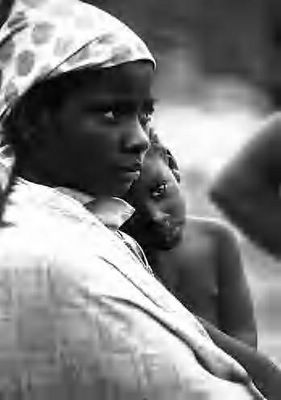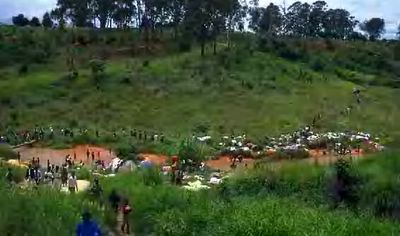
An Angolan Woman and Child

This Blog is created to stress the importance of Peace as an environmental directive. “I never give them hell. I just tell the truth and they think it’s hell.” – Harry Truman (I receive no compensation from any entry on this blog.)

